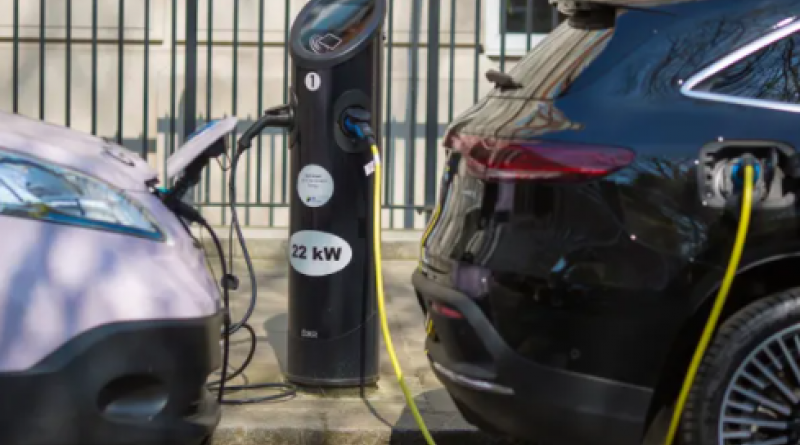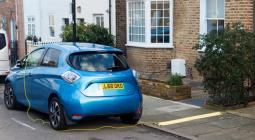UK replaces France as Europe’s second largest electric car market.

About 31,800 battery electric cars were sold in Britain in first three months of 2021.
The UK overtook France to become Europe’s second largest electric car market in the first quarter of the year, amid rising demand for cars with zero exhaust emissions.
About 31,800 battery electric cars were sold in the UK in the first three months of the year, compared with 30,500 in France, according to analysis by Matthias Schmidt, an independent automotive analyst.
Electric car sales have risen rapidly since the start of 2020, in part because of new emissions rules that mean manufacturers face steep fines if their products’ average carbon dioxide output does not fall.
Battery electrics accounted for 7.5% of UK sales in the first three months of the year, according to industry data, almost doubling the market share compared with the same period in 2020.
Despite the coronavirus pandemic, 2020 was the first year in which European consumers bought more than half a million electric cars. That is expected to double to 1m sales in 2021, although pure electrics will still be only a tenth of the total European car market by 2024, according to Schmidt’s forecasts.
Germany is by far the biggest single market for battery electric cars in Europe, with 64,700 sold in the first quarter. That performance was helped in part by generous subsidies, doubled by the German government in June, to help its auto industry, which is key to Europe’s largest economy. Other markets are proportionately more advanced than the UK in moving to electric cars. Norway in 2020 was the first country in the world where more electric cars were sold than fossil fuel cars, thanks to generous subsidies.
Schmidt said: “The UK is likely to remain the number two European BEV (battery electric vehicle) market this year, albeit a long way behind market leader Germany, which manufacturers are relying on to meet European-wide targets thanks to the generous incentives on offer there.”
Schmidt added that manufacturers will have to increase their sales of plug-in cars in the UK further in a “make-or-break year” to comply with new, post-Brexit, emissions limits. The rules mirror the EU’s but going it alone means carmakers will not be able to balance the UK’s SUV buyers with less-polluting models sold in other countries.
There has already been evidence of manufacturers trying to push lower-emitting models in the UK, Schmidt said. At the end of March, the German premium carmaker BMW lowered the price of its electric i3 to meet a lower bar for government subsidies.
While sales to British consumers are expected to rise steadily, drivers are concerned that the UK’s charging network is not up to the task. Polling of British drivers by YouGov commissioned by CTEK, an electric car charger company, found that 78% think charging infrastructure is not yet adequate, compared with 65% in the other European countries surveyed.
The survey also found, in line with other reports, that the relatively higher sticker price of electric cars was the main reason preventing more people from buying. However, prices are expected to drop to rival fossil fuel cars as higher demand creates a virtuous circle.
25 April 2021
The Guardian




